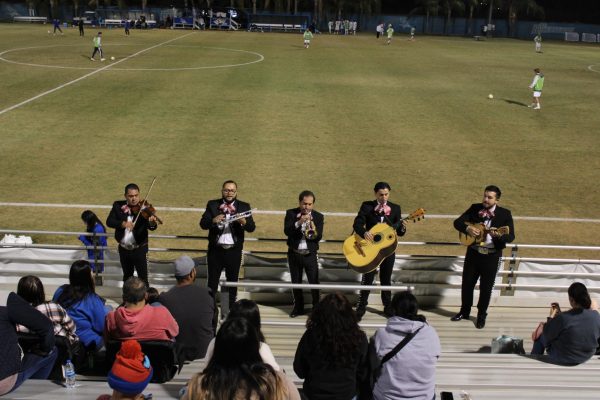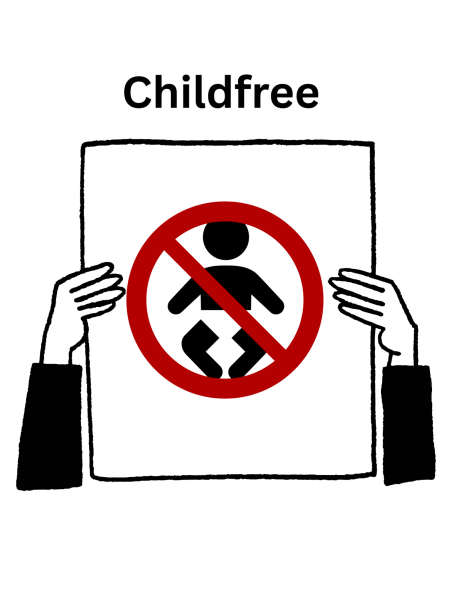UC Irvine professor explains dangers of wildfires for farmworkers
April 28, 2022
As wildfires have raged throughout California, there’s been too much concern over the damage to luxury crops like grapes and berries, and not enough for the farmworkers who put their life on the line, as explained by Dr. Michael Mendez at the Kegley Institute of Ethics event on April 19 titled, “Tainted Grapes, Tainted Lungs: Extreme Wildfire Impacts on Undocumented Latina/o and Indigenous Migrants.”
Mendez is a professor at the University of California, Irvine where he teaches environmental policy and planning. His research shows that wildfires are not isolated disasters, but they exaggerate existing inequalities. He explains that undocumented migrants are often invisible when it comes to talking about the victims of wildfires in our communities.
Mendez’s research demonstrates that the effects of wildfire on the body are a lot more dangerous than originally thought. It can be more harmful than car exhaust directly inhaled by the body. Mendez even quotes a farmworker who explained that he had black saliva from breathing in the smoke from the wildfires.
“Wildfires do so much more than damage property, they legitimately put farmworkers at risk,” said Mendez.
Mendez’s research focuses mainly on Somana and Ventura county from 2015 to 2020. Where there are over 100,000 Hispanics/Latine individuals, with about 8% of the population estimated to be undocumented– that’s over 38,000 people. There are also about 12,000 Indigenous Mexicans, and many do not speak English or Spanish. Common languages spoken by Indigenous folk in the area are Mixtec, Triqui, Maya, Chatino, and Zapotec.
Indigenous Mexicans are not Hispanic or Latine, so this presents a huge language barrier for the community when it comes to informing them about wildfire dangers and evacuations.
“Indigenous Mexicans are distinctly different from Latin immigrants and policymakers don’t understand,” explained Mendez.
He continues by talking about the time Somana county, during a wildfire, didn’t provide Spanish or Indigenous translations for Latine and Native communities. There was also another wildfire in Ventura county where it took 10 days after the fire for county officials to provide a live translation. Prior to this, it was up to farmworkers and Indigenous activist groups to help migrant farmworkers, in addition to being the reason the county provided any translation at all.
There was also a Q&A segment where many students got to ask him questions about his research.
One student asked Mendez what to do about changing policy revolving around undocumented individuals, since it is a highly debated topic among American politics. Mendez explained that within the last few years migration in the states from Latin America is no longer just going toward states like California or New York, but we see high migration patterns in the Midwest and south. This will help broaden ideology when it comes to putting forth beneficial policy for farmworkers throughout the country. Mendez ended his lecture with a simple saying. It’s to start thinking beyond property values.







